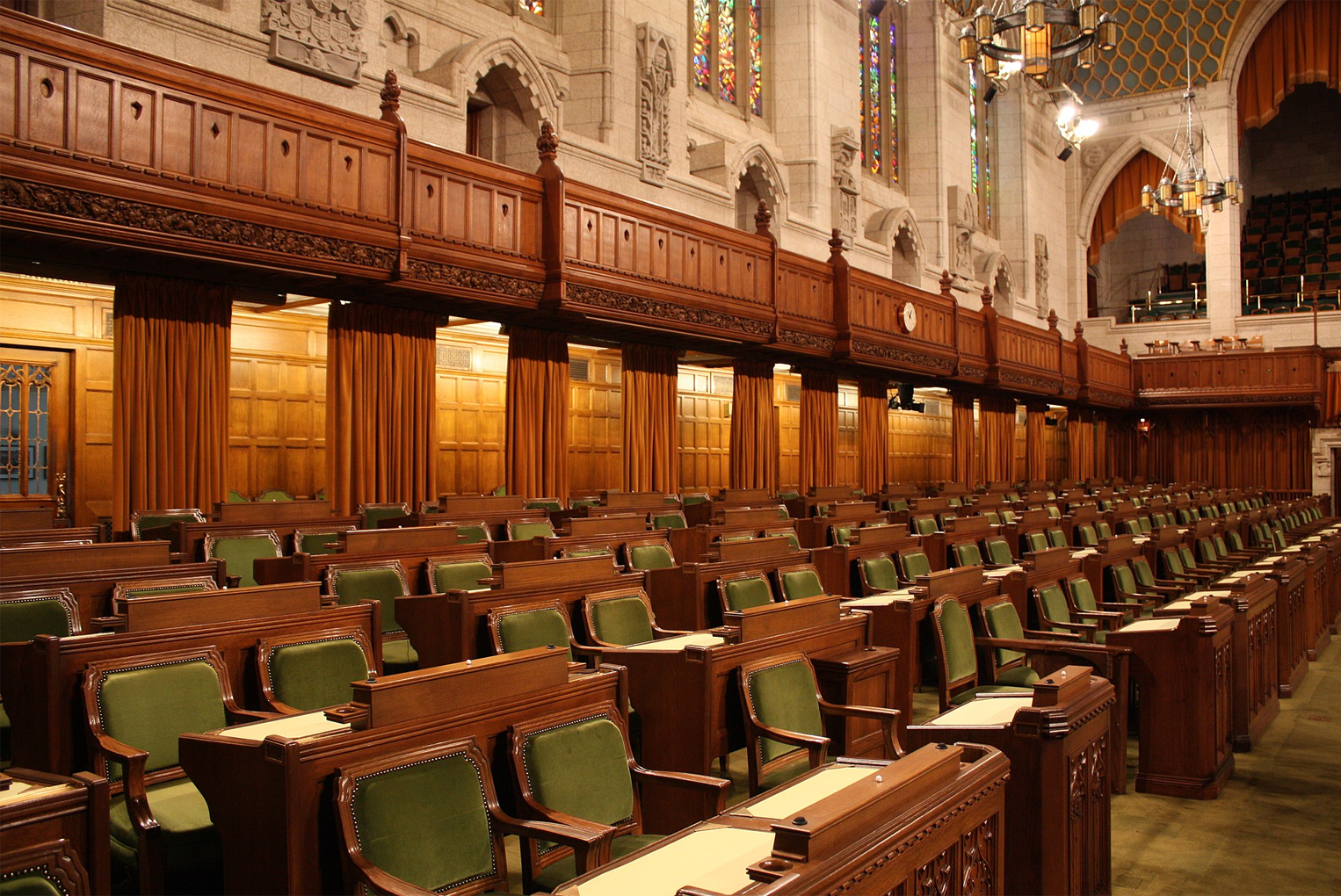Written by Geoff Norquay and Yaroslav Baran. Published by iPolitics.
With the leaders’ debates behind us, only a week left in the election campaign, and the polls still showing a statistical dead heat between the Liberals and Conservatives, the federal election appears increasingly likely to yield a minority outcome — for somebody.
This likelihood renews the need to review just how the Canadian electoral and parliamentary systems work, how governments are formed, and how uncertainty is navigated by the traditions of our Westminster-based parliamentary model.
To appreciate how minority outcomes are interpreted, we first need to smash a common myth: In Canada, elections don’t elect or re-elect governments. They elect MPs to occupy 338 seats in the House of Commons. But it’s the Queen (or, in practical terms, her viceroy, the Governor General) who appoints governments. And she does so according to a rich trove of constitutional jurisprudence.
Parliaments and governments operate alongside each other, but have different roles and cycles. Unlike Parliaments, which are dissolved by the call of an election, governments continue. There must always be a government, and there must always be a prime minister, and a government (or “ministry”) — in this case, the 29th — continues uninterrupted until a prime minister resigns.
The two institutions do share a constitutional umbilical cord, in that the government must always enjoy the confidence of the House of Commons. That — not a parliamentary election result — is what determines who sits in the prime minister’s chair.
In short, elections elect Parliaments. Queens appoint prime ministers. Parliaments can fire prime ministers, but then it’s up to monarchs again to hire their replacements in a way they feel will re-synch the new government with the current Parliament.
Piecing these principles together, we end up with incumbency as the starting point. Regardless of what happens on Sept. 20, Justin Trudeau will be prime minister the next day, and his cabinet will continue to be the cabinet. Moreover, regardless of how many seats his party wins, the sitting prime minister has the constitutional right to face Parliament and try to establish confidence.
This means that, on election night — particularly when a new party overtakes the governing party in a plurality of seats — it’s not so much the final seat tally that determines the outcome; it’s what the prime minister says in his speech. Does he intend to hang on and try to face the House, despite being reduced to second-party status? Or will he resign and make way for a new government?
In 2006, when Paul Martin lost plurality to Stephen Harper, he had a right to stay on and face the House. It was his concession speech that signalled a change in government.
Conversely, when prime minister Harper’s Conservatives returned from the 2008 election with a second minority, a grand coalition of Liberals, NDP, and Bloc was proposed (in aggregate, a majority of seats), but it was never given an opportunity to form government because of the incumbency principle. Harper essentially told the governor general, “I’ve got this” — and, constitutionally, she was obliged to agree, lacking any empirical evidence to the contrary in the form of a non-confidence vote of Parliament.
The 2008-09 case is constitutionally interesting, because the governor general also gave the prime minister a requested reprieve to prepare for such a confidence test — time he used to launch an all-out public-relations assault on what his team labelled a subversion of democratic will, backstopped by separatists. The PR campaign worked, the coalition project melted apart, and Harper went on to win his confidence test a few months later.
What does this tell us about what to expect on Sept. 20? The only rule is that there are always options and multiple possible outcomes — especially in the case of a minority. Even if reduced to second place, the incumbent prime minister has the right to stay, try to cut a deal with a third party (a formal coalition or an ad-hoc arrangement based on policy trade-offs), and find the numbers required to survive the test of the House. Do second-place finishers normally resign and yield to first-place victors? Yes. But not out of constitutional obligation. Rather, they do so out of recognition that the public normally equates democracy with a winner wins result.
So on election night, take your eyes off the pixel board, and pay more attention to the speeches afterward. They’ll tell you who your prime minister will be. Will we continue into Year 7 of the 29th government? Or will we start a new one, with the 30th government firing up alongside a newly elected 44th Parliament?
